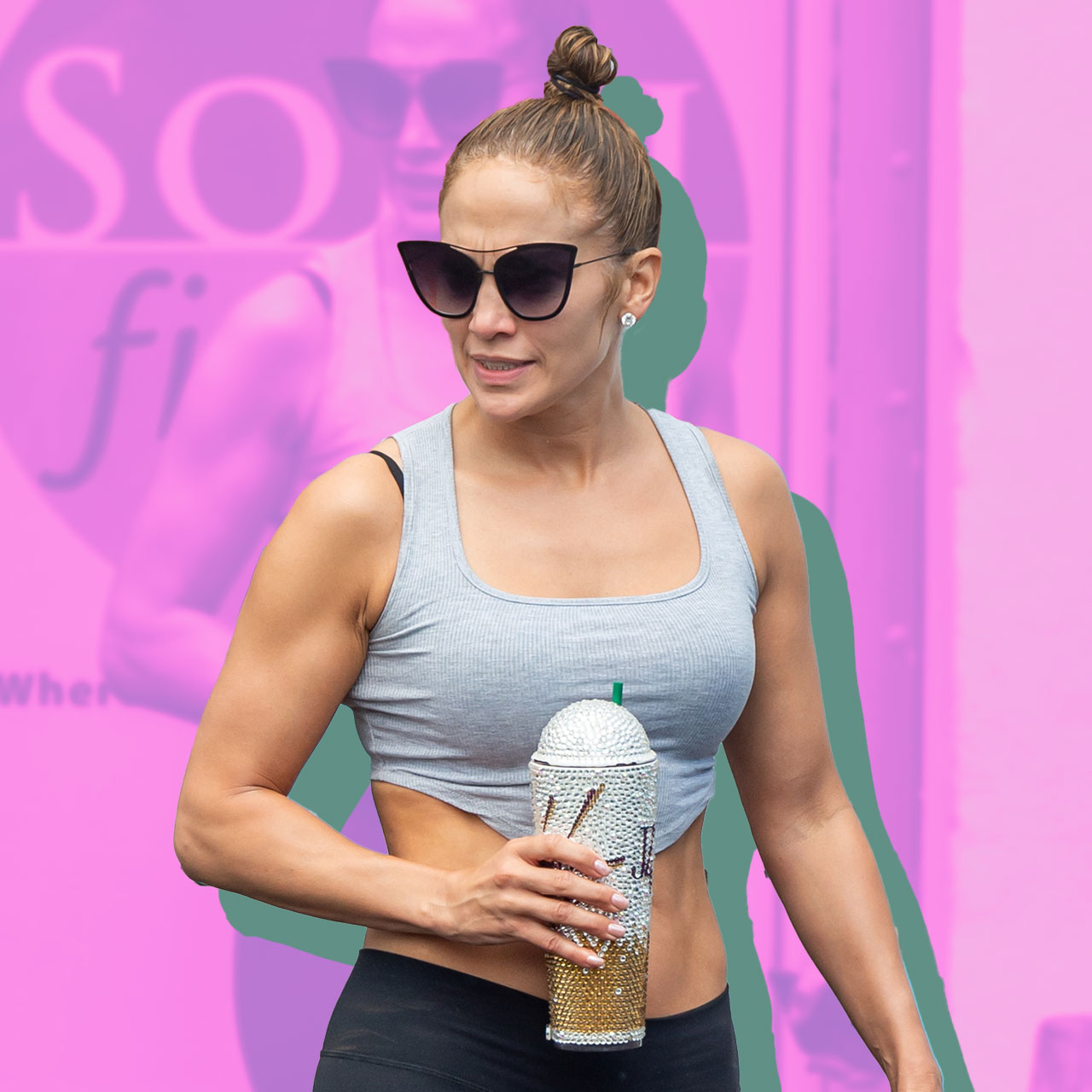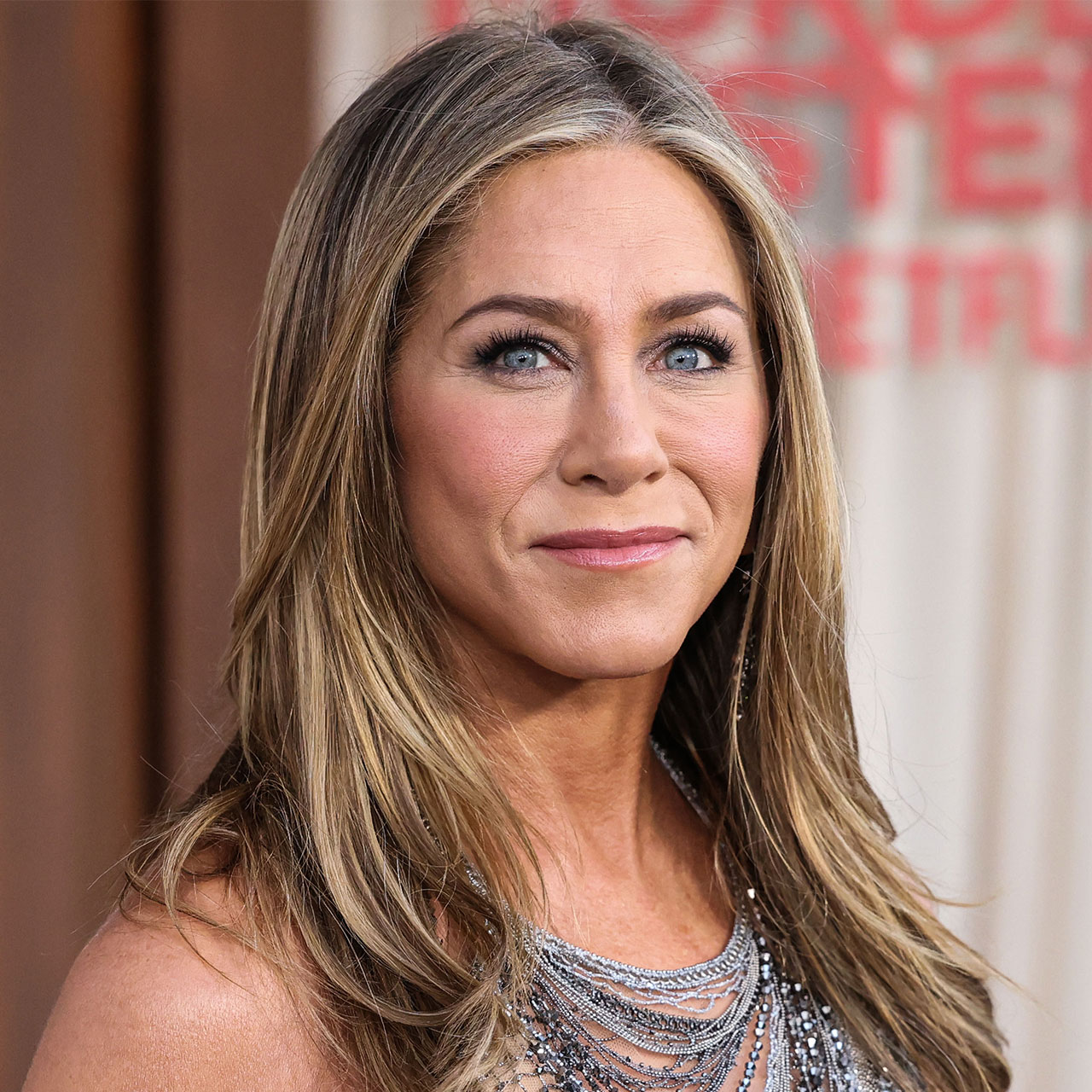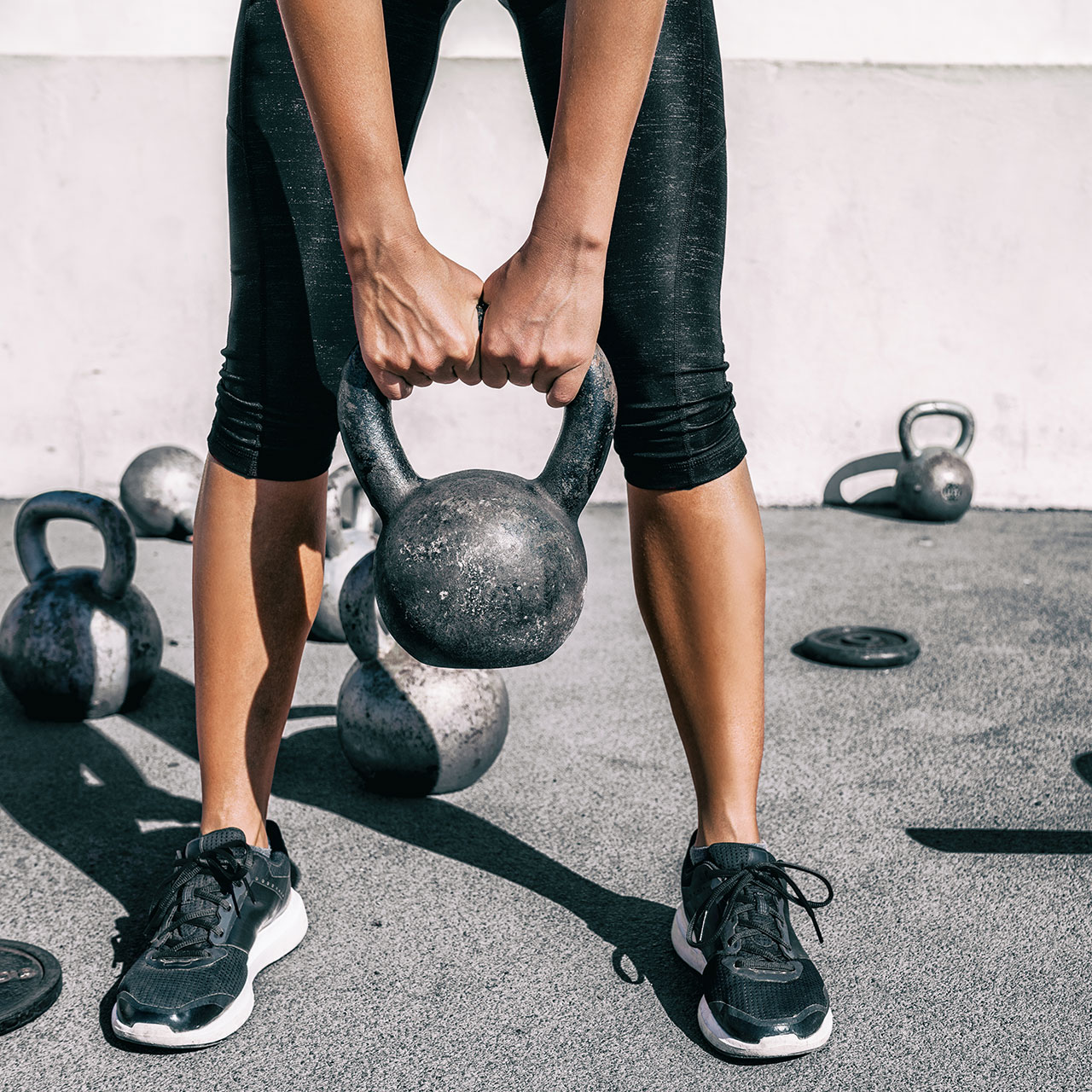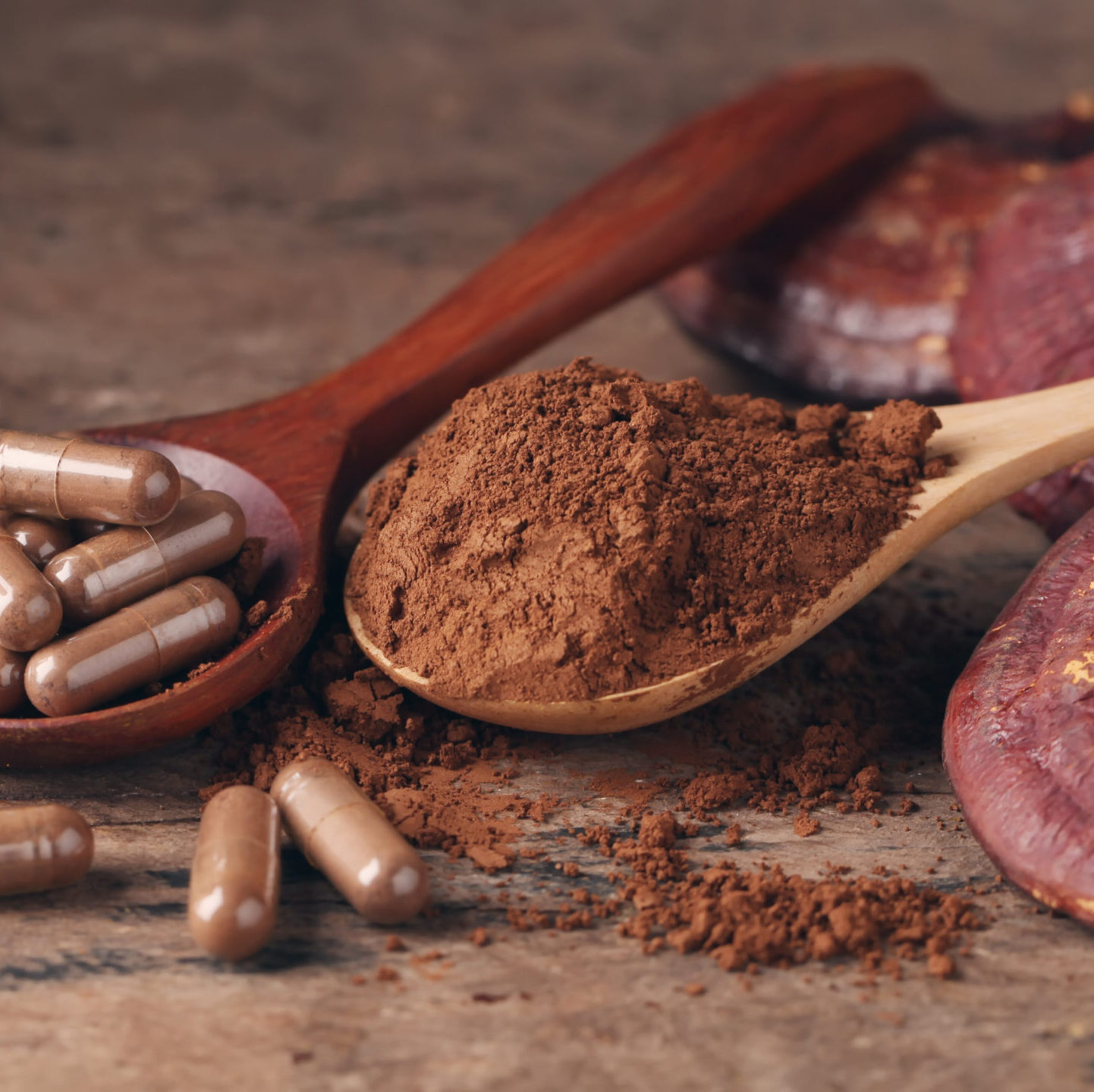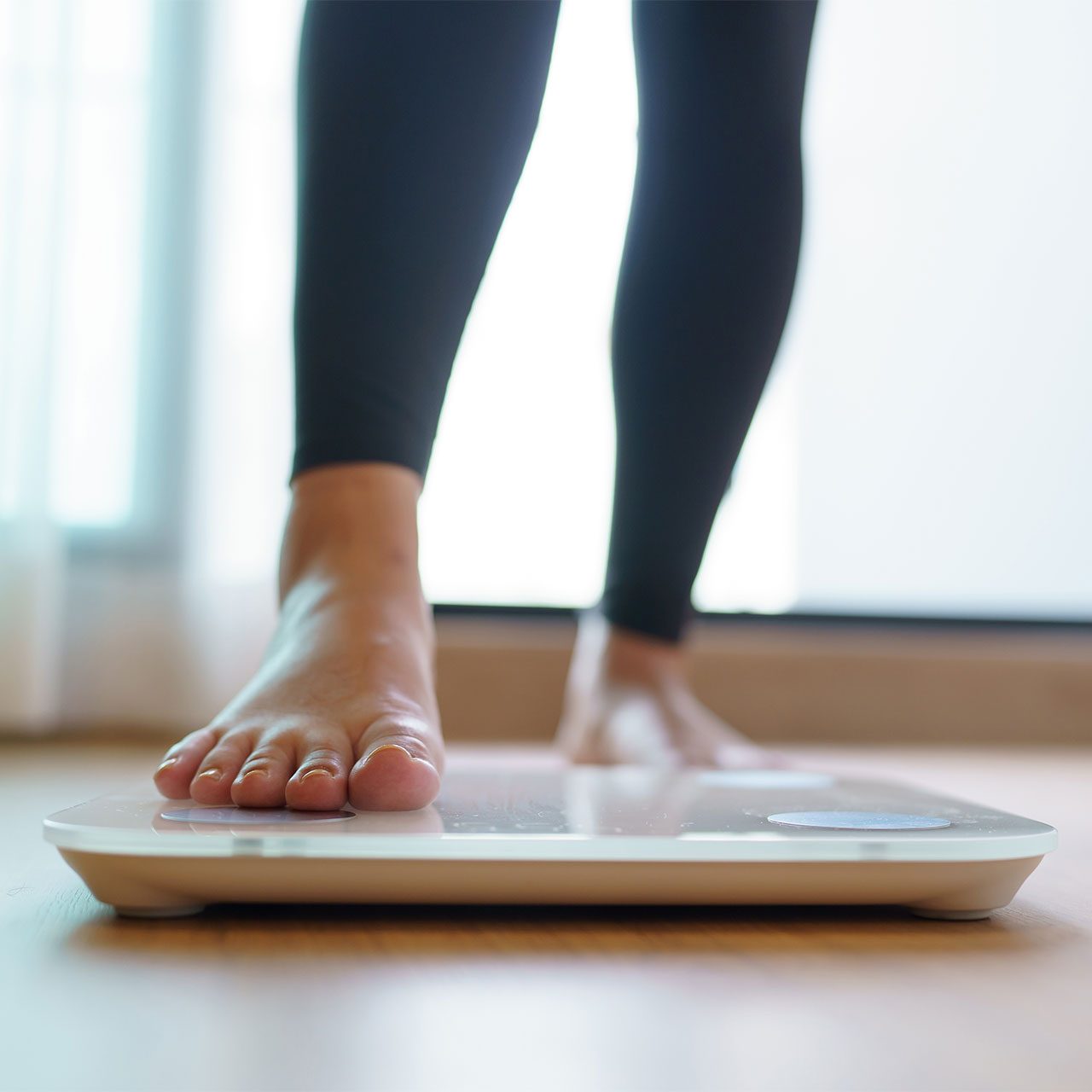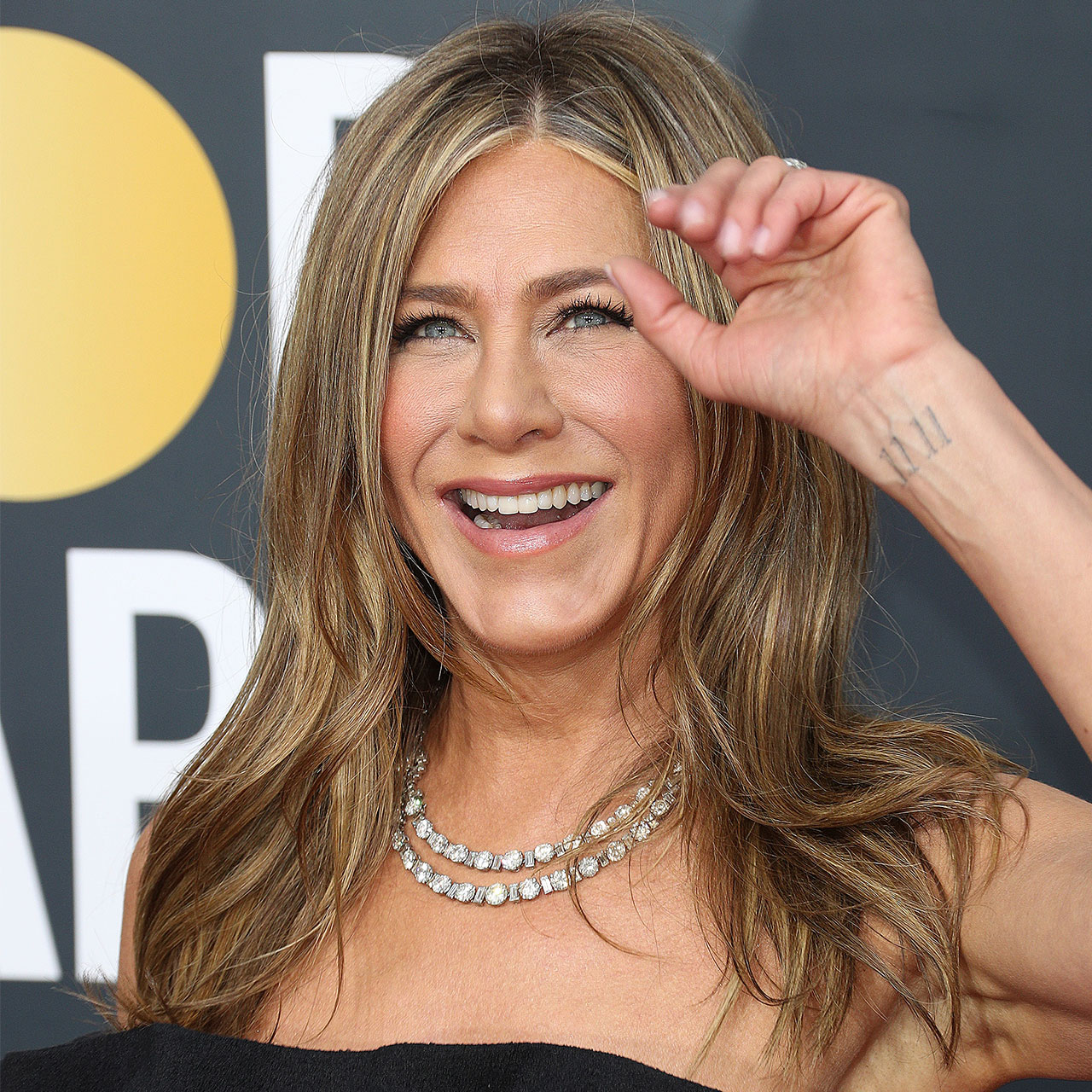This is an archived article and the information in the story may be outdated. Please check the time stamp on the story to see when it was updated last.
Vitamin deficiencies are very common in the United States. As a matter of fact, almost 92% of Americans are deficient in at least one vitamin or mineral necessary for overall well being. While eating well and exercising regularly are both crucial when it comes to weight loss or management, not getting enough of the right foods can hinder any progress you are trying to make with your lifestyle. What vitamin deficiencies in particular could be causing a slowed weight loss journey, or even one that feels impossible? We asked Dr. Amy Lee, a bariatric physician and Head of Nutrition for Nucific, what vitamins impact weight loss and management the most, and how to ensure you’re getting enough of it in your diet.


“In our business, we promote and encourage the use of B complex in our regimen to help our patients optimize their levels,” Dr. Lee says, “Oftentimes, we don’t end up eating all the appropriate levels of vitamins and minerals from our daily intake of processed and/or convenient foods.” Ultra processed foods are a staple in the traditional American diet, but have little to no nutritional benefit. B complex is a supplement composed of 12 B vitamins, and it can be found in most nutritional or health food stores.
While Dr. Lee recommends B12 as one in particular that could help with weight loss, B vitamins in general have a host of metabolic benefits, which is why a B complex is a good way to get a wide survey. “Most B vitamins are responsible for activating/ catalyzing metabolic pathways that activate the body’s way of burning calories,” she says.
If you’d like to get specific though, each B vitamin has its own unique benefits. For example, “B6 is also a vitamin that helps with drawing off water by optimizing the pathways that perform that very function,” Dr. Lee adds.
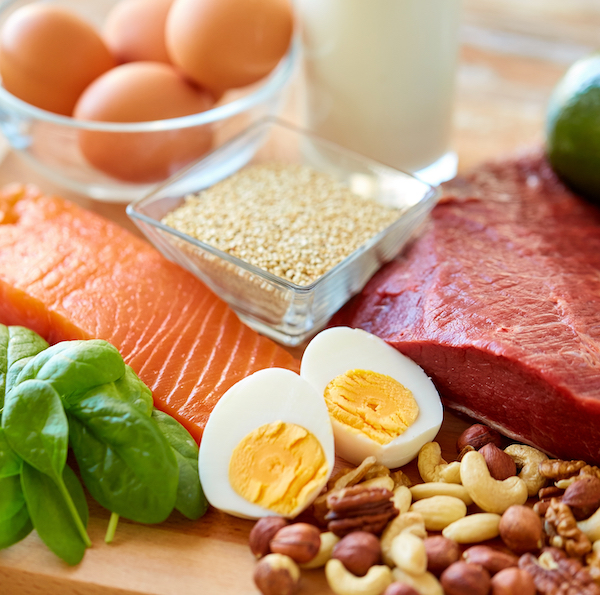
Although vitamins can help fill the cracks where our diet is lacking, the best way to make sure you’re getting enough of the vitamins and minerals your body needs is to eat a variety of nutritious foods. Beyond vitamin deficiencies, one food group that many are deficient in is protein. “Low protein intake can cause one to eat more carbohydrates. Carbohydrates, which break down into glucose, can also cause water retention.” Dr. Lee says.
Eating enough protein can not only help balance out cravings for processed carbs, but it can also increase kidney function, which aids in reducing water retention, one common roadblock for effective weight loss. There are plenty of protein sources rich in B vitamins, including eggs, fish, and chicken. Beyond that, eating vegetables like spinach, asparagus, squash, and peas is another way to boost Vitamin B intake.
While there is no match for a healthy diet filled with variety, vitamins can help when our busy lives get the best of us. Taking a B-complex vitamin can help with water retention and, as a result, overall weight loss. Using vitamin supplementation along with following a balanced diet is the key for longterm health and wellness.


